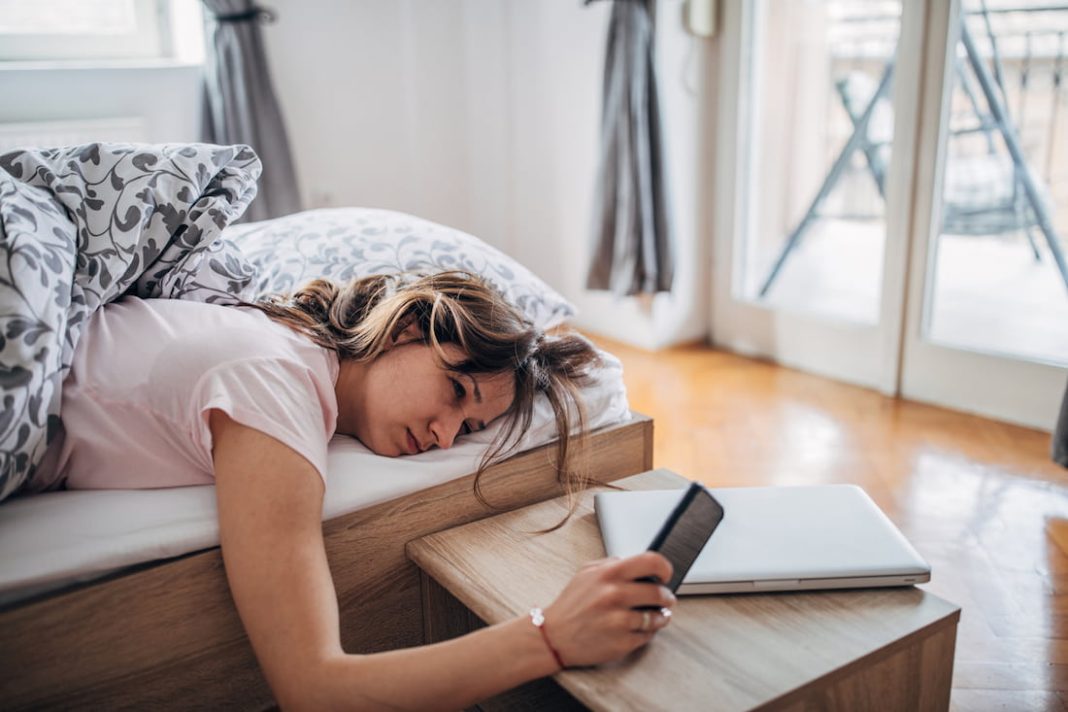How many of us panic when we realise we have forgotten our phone or haven’t checked it in a while (like seconds) for a message? How often is that message or feed about anything important or useful?
Mobile phone addiction is a real phenomenon, particularly in youth, where one simply cannot go without their phone. That fear of missing out or ‘needing’ it for entertainment is real. Research has shown that heavy smartphone and social media use increases mental health issues, including anxiety and depression, especially in young people. Frequent use has been linked to decreased attention and concentration (being totally focused on your phone) as well as sleep deprivation (all that nighttime ‘talking’ and scrolling). Also, comparisons to others through social media can lead to body image and self-esteem issues due to feeling less than others. That fear of missing out when you see friends having fun without you or feeling that others are more perfect (thanks to filtering) or have better lives (rarely do people show themselves having a bad day).
I see a lot of parents and young people in my work and the battle over phone use is a standard problem. How do I get my child to stop using their phone, is a constant question.
What do we do?
Ok adults, we have to role model the behaviour we want our kids to follow – turn your phone off and start engaging in real-life interactions at home. Find alternatives, what can you do instead of using your phone?
Maybe don’t go cold turkey but gradually cut down the use and reinforce non-phone use with rewards and fun activities. Notice the benefits of not being on your phone, such as better sleep, less anxiety, less worry about misinterpreting messages, more play and emotional conversations.
Have phone-free time at home and establish some family rules around everyone (yes, everyone) putting their phone away and turning them off at a certain time at night, for the whole night.
Young people often worry: ‘What if my friend needs me?’ Trust me, no good messages come overnight. Try sending a message to your friends about when they can and can’t contact you, that way they know to get you before your phone goes off. Experiment with turning your phone off and see how much better you sleep.
Go old-fashioned. If you use your phone for music or as an alarm, get an alarm clock or music player.
Talk to your child about the times they feel negative when using their phone. Think about how you feel when you socially compare yourself to others or have negative interactions with your peers. What is a break from that like?
Remember you’re teaching your kids life skills including getting good sleep, being able to entertain oneself without devices and being able to have real-life, in-person conversations. It’s hard work and it doesn’t always work the first time but keep calm and don’t give up.



